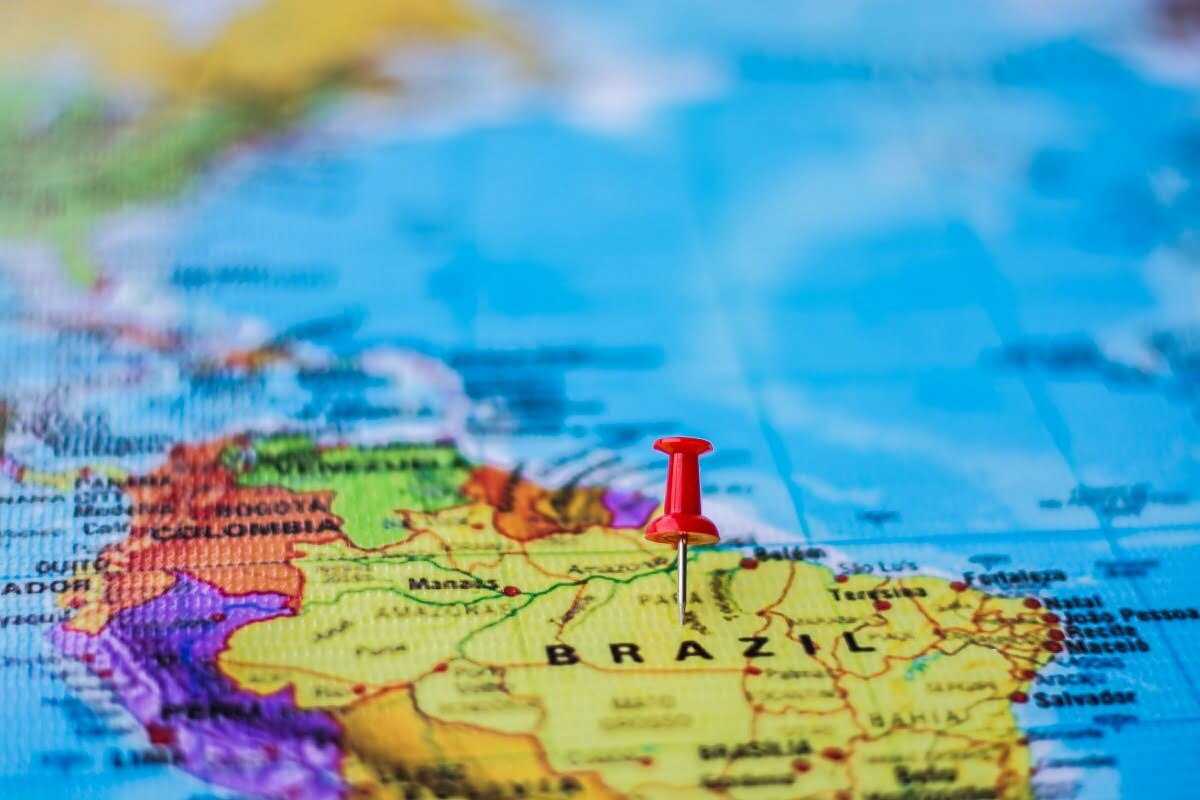
Population: 198.7 million
Capital: Brasília
Official language: Brazilian Portuguese
Currency: Brazilian Real
Religions: Christian and Roman Catholic

Automotive
The automotive industry is the second largest industry in Brazil as the country has attracted a lot of car manufacturers over the years as many have moved their production there. Brazil now has the 6th largest car market in the world. Significant growth is expected in both the LV and HV market over the next 5 years.
Oil and gas
Brazil’s oil and gas industry is booming and is expected to grow over the next few years, with expectations that it’ll create another 500,000 jobs by 2020. It is the third largest producer of oil and gas after the United States and Russia.
Steel
Brazil has 29 steel mills run by 11 companies and in 2018 the steel industry grew by more than 8%.
Do…
Don’t…